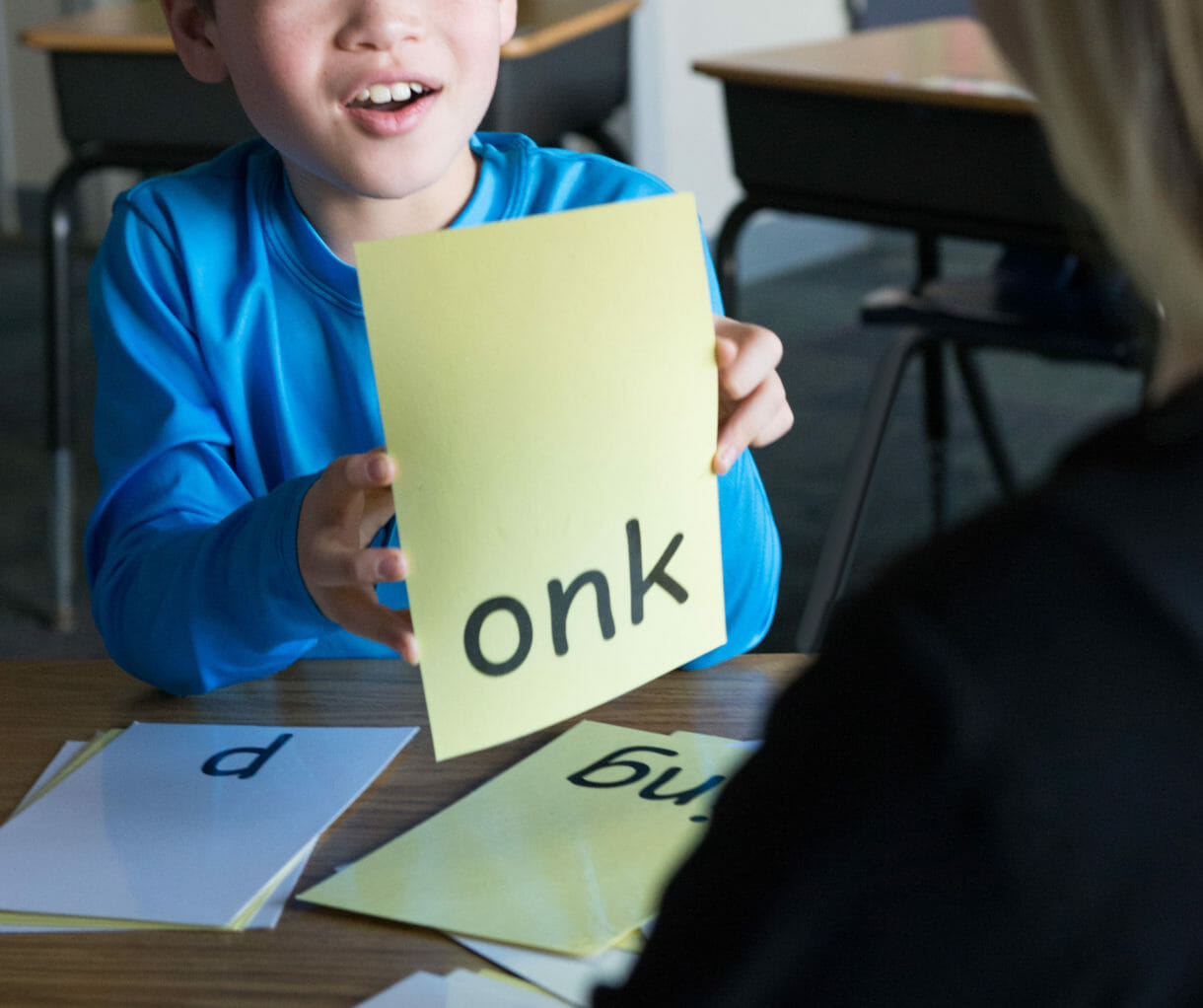Math Challenges
Math Challenges
Math ChallengesEmbedded Support for Elementary, Middle & High School Education
Lots of things can make math hard for some students including dyslexia and ADHD, dyscalculia (trouble with number sense), visual processing issues, or straight up math anxiety. Students with math challenges tend to have strong skills in words and language, and are oftentimes highly creative. In many instances, since they struggle solving math conventionally, they have more out of the box ways for solving things, sometimes relying on their strengths in puzzles and logic.
It’s a major misconception that you can jump in at the abstract level and learn math that way, or from just watching a teacher write problems on the board. All the flashcards in the world won’t force the brain to memorize something out of context–and yet this is the teaching norm in many classrooms across the country. All students benefit from the Concrete-Representational-Abstract sequence of instruction we use at McLean School.
At McLean, in each grade level, we work to understand the specifics as well as the subtleties that contribute to a student’s math challenges, and use research-based approaches and best practices in our classrooms to address them most efficiently and effectively. We understand how brains learn best, and this means learning by doing. Our expert teachers in Lower, Middle, and Upper School, Coordinators of Learning Services, and Math Specialists are always at the ready with a range of tools and techniques designed to support all of our students, with and without diagnosed learning challenges.
Some children understand the logic behind math problems, but struggle to recognize visual representations of math concepts or to learn basic facts and patterns. Manipulatives and other multisensory techniques can get at these sticking points and help students break through barriers in their thinking. For example, in our Lower School, sometimes we get them up and moving to “act out” a math problem–literally carrying a number like you would in a division problem–to bring clarity to a concept. Talking through word problems with Middle School students is a constructive way to support those who may already have a hard time with reading or decoding or struggle to follow multiple steps. In Upper School you might find students engaged in a scavenger hunt looking around the room to find solutions to equations they solved.
In all we do at McLean, we take time to get to know each individual learner in order to determine the best way to support them. Sometimes it’s a surprisingly simple solution–like the time one of our teachers realized a student performed significantly better on math tests that left more blank space between problems–and sometimes it takes more time and patience to tease the challenges apart. It could be the creative solution of an ungraded Middle School math class to free up students so they can focus on learning and math skill mastery without the pressures of performance. Or, it could be consistently utilizing Mindfulness techniques so that students stay present in the moment, and are available for learning. With explicit instruction, together with a heaping dose of empathy, our expert educators help those who feel “bad at math” tap into their competence and feel good about the subject.
WatchXPerts Talk Webinar
ReadXPerts Talk Blog Series
- Unlocking Mathematical Potential at Mclean School: Strategies for Supporting Students with Dyscalculia
- Encouraging Persistence in Math
- There’s No Such Thing As A “Math Person”: Helping Students With Math Anxiety
- The “Fun” in Fundamentals: Multisensory Math Strategies
- The Importance of Memorization and Other Math Misconceptions



